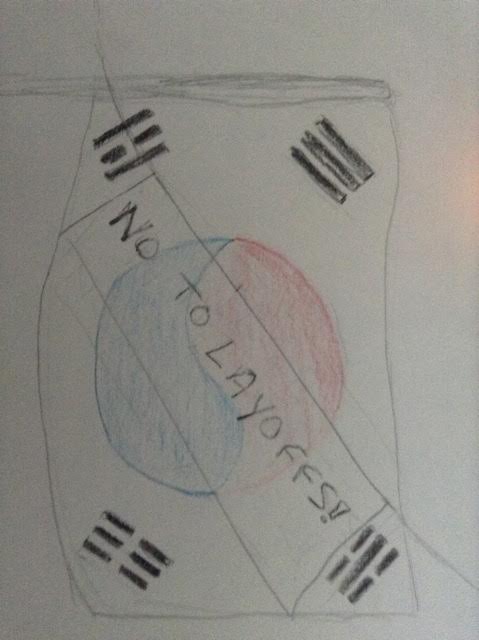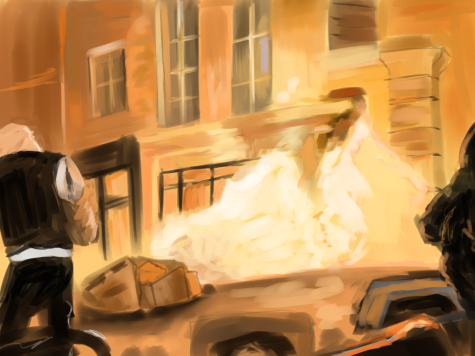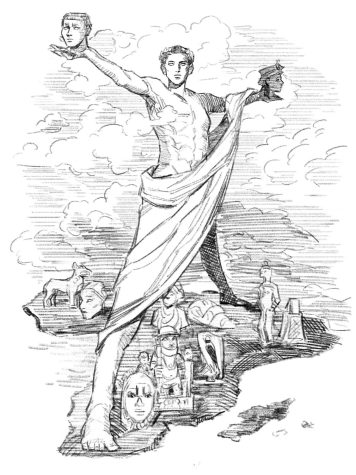Advocating for the Resignation of Park Geun-hye
December 20, 2015
On November 14, a rally of tens of thousands of South Korean protesters advocated for the resignation of president Park Geun-Hye, causing the police to utilize tools of violence to disperse the peaceful crowd. The police fired tear gas and water cannons as they clashed with anti-government demonstrators who marched to the capital of South Korea. Since the Sewol ferry disaster in April 2015, Park’s polls have steadily fallen leading up to this breaking point.
Srinivas Mandyam ‘16 argues, “Protests are crucial to the function of a modern democracy. Sure, petitions and letters might be a more ‘polite’ way to voice views, but when the issue is with the function of government itself, using conventional governmental channels isn’t going to be terribly effective. So you protest: you rage where passive reason fails, and rage productively.”
Labor groups, demonstrators, and student activists have done exactly that, as they express grievances with labor reforms, poor leadership, and a new state mandated history textbook.
Approximately 70,000 frustrated protesters participated in the protest calling for President Park to step down. United by the same goal, labor, civic, and farmer groups set out to publicize their distinct resentment of the South Korean government. Protesters marched from different parts of the metropolitan capital to the City Hall, where they met brutal opposition from police armed with riot gear for the sole purpose of disbanding the protesters. Whereas the South Korean constitution grants citizens the freedom of speech and petition, the actions taken by the police illustrates the limitations of these rights.
At least 30 protesters have been reported injured, including a 69 year old farmer, Baek Nam-Gi (백남기) who sustained life threatening injuries after police doused him with water cannons. According to multiple videos of the scene, the police continued to spray the defenseless man with tear gas tainted water and attempted to thwart rescuers who tried to bring the unconscious man to safety.
Student Adrianna Liu ‘19 angrily comments, “It was unnecessary for the police to act in such extremity.” The police’s extremity has directed further criticism at Park’s conservative government.
Labor groups fiercely oppose the labor reforms pushed by Park’s conservative government, stating that the reforms would only benefit the chaebol (재벌) , powerful families that control large conglomerates. This issue stems from Korea’s divisive wealth gap as the rich only become wealthier and the poor only poorer. Furthermore, government critics claim that a state issued history textbook would “whitewash” the brutal dictatorship of Park Chung-hee, the president’s father, which preceded South Korea’s bloody transition towards democracy in the 1980s.



